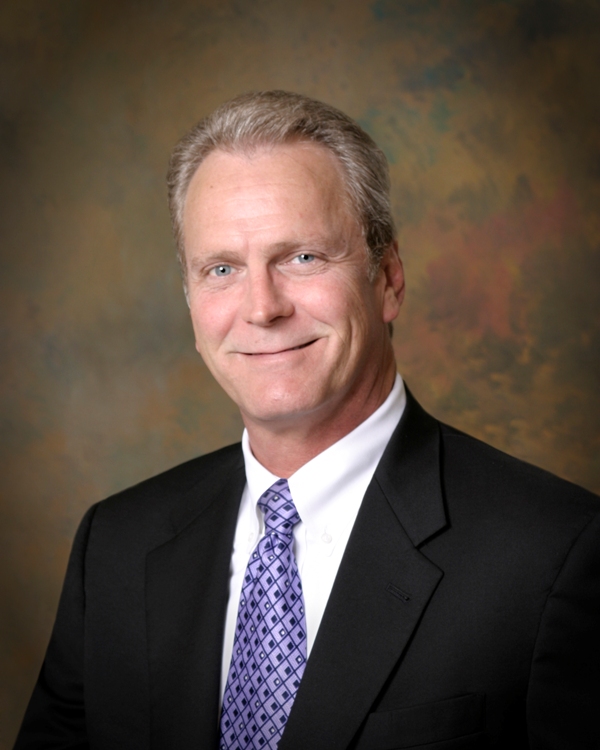Background
Historically, CMS paid claims and then attempted to recover improper payments through its auditing processes, which is commonly referred to as “pay and chase” even by CMS officials. CMS’s “pay and chase” system is notoriously ineffective. The cost and complexity of auditing medical claims make it almost impossible for CMS to perform a significant number of medical reviews. In 2011, the programs under CMS processed approximately 4.8 million claims per day, which translated into 1.2 billion claims that year and more than $700 billion in payments. CMS must rely upon automated systems to review claims and identify problematic claims rather than relying entirely upon medical reviews. The FPS is one of those automated systems.
Detecting Fraud
CMS has also provided examples of how the FPS is effective in detecting and preventing health care fraud. The FPS identified a questionable billing pattern by a provider of podiatry services. CMS revoked the provider’s Medicare billing privileges, and referred the matter for possible criminal charges. In another example, the FPS identified an ambulance provider billing Medicare for questionable transports to a hospital. A subsequent medical review identified numerous instances of inadequate or missing documentation to support the services billed to Medicare. Again, the provider’s Medicare billing privileges were revoked, and the case was referred for possible criminal prosecution.
The cost of developing and implementing FPS system was substantial, but CMS has reported a 10:1 return on the investment. According to CMS, very few investments have a 10:1 return for taxpayers.The FPS is only one system implemented by CMS to combat Medicare fraud, however. The Affordable Care Act (ACA) included several programs to combat Medicare fraud including provisions that provide for greater data sharing between federal health care programs, and significantly increased funding for the investigation and prosecution of health care fraud directed to Medicare and other federal health care programs.
Enhanced Scrutiny
The increased scrutiny of health care claims submitted to the federal health care programs has resulted in numerous criminal arrests and prosecutions.
In June, the Department of Health & Human Services (HHS) and the Department of Justice (DOJ) announced the arrest of 243 individuals for health care fraud. Among the individuals arrested were 46 doctors, nurses, and other health care professionals. The 243 individuals arrested are alleged to have participated in submitting $712 million in fraudulent claims to Medicare. In addition to the individuals arrested, CMS also used its authority to suspend the billing privileges of numerous other providers.
The June arrests were the result of ongoing investigations by the Health Care Fraud Prevention and Enforcement Action Team (HEAT). The HEAT Task Force is a joint initiative between HHS and DOJ that utilizes federal, state, and local investigators to investigate and prosecute health care fraud. The HEAT Task Force has been actively investigating Medicare fraud in geographic areas with high volumes of suspected Medicare fraud. The HEAT Task Force was formed in 2007, but was expanded significantly with the additional funding it received under the Affordable Care Act. Since its inception, the HEAT Task Force has charged 2,300 individuals and organizations with Medicare fraud resulting in 1,800 felony convictions.
What’s at Stake
In the past five years, $25 billion has been recovered by the Medicare Trust Fund through the government’s health care fraud detection and prevention efforts. CMS has no official estimate of the amount CMS loses each year to fraud, but reliable sources estimate that up to 10% of total health care expendituresvare for fraudulent and other improper claims. With so much at stake, CMS and other government authorities have no choice but the increase their fraud detection and prevention efforts.
Michael L. Smith, JD, RRT is board certified in health law by The Florida Bar and practices at The Health Law Firm in Altamonte Springs, Fla. This article is for general information only and is not a substitute for formal legal advice.
This article was originally published in:
Advance for Respiratory Care and Sleep Medicine.
